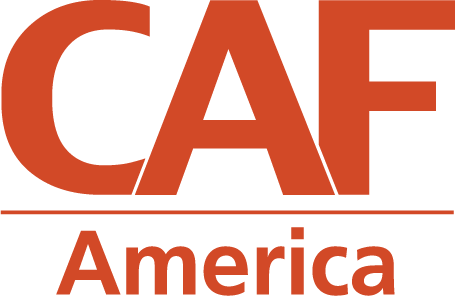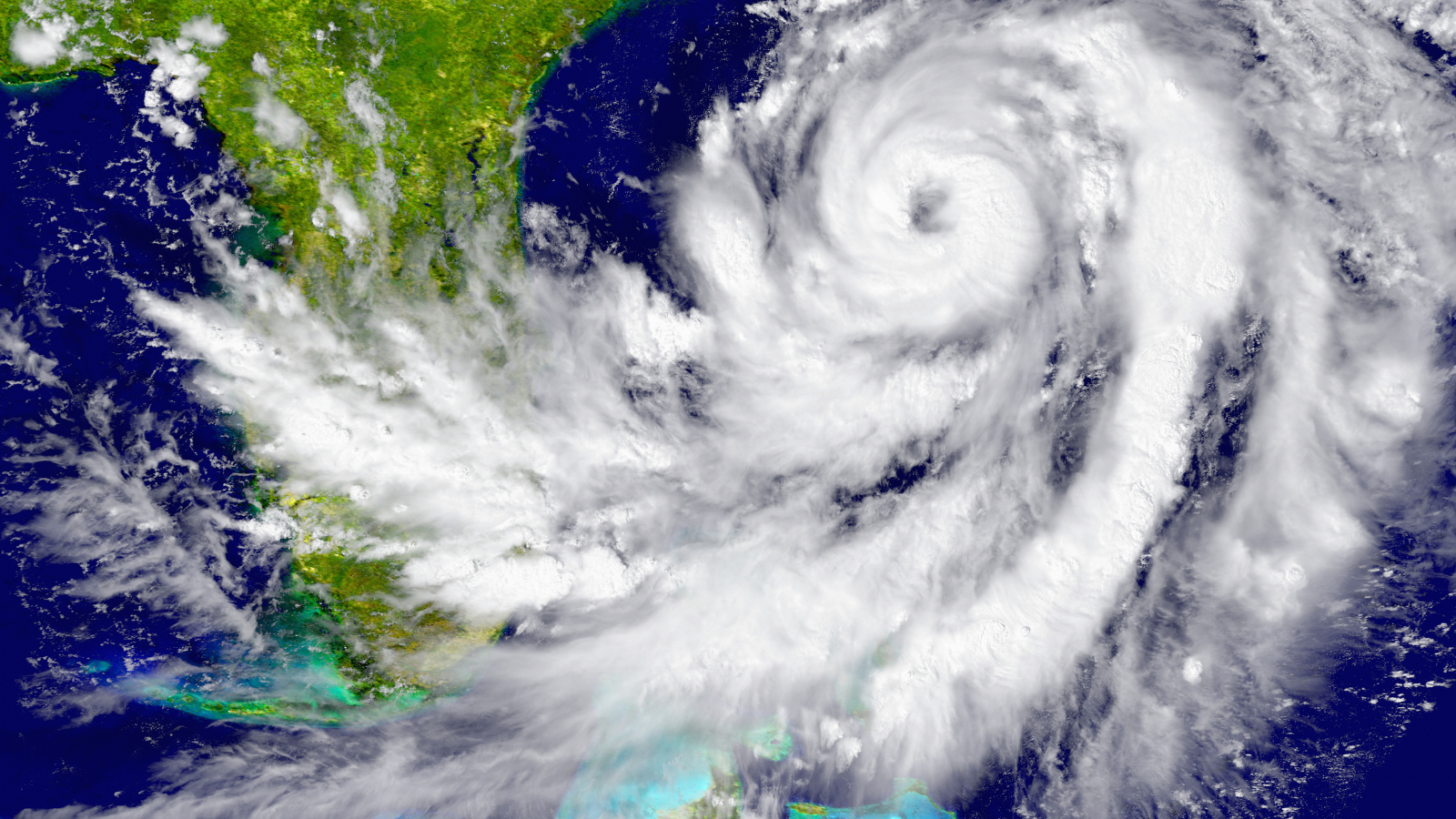As the height of hurricane season approaches, it’s crucial to recognize the potential challenges ahead and the need for support within our communities.
The United States’ National Oceanic and Atmospheric Administration’s forecast for the 2024 Atlantic hurricane season, running from June 1 to November 30, indicates an 85% likelihood of an above-normal season. There is a 10% likelihood of a near-normal season and a 5% likelihood of a below-normal season.
This prediction affects many areas, including the U.S. Atlantic coastline, the Caribbean, and the Gulf of Mexico, with peak activity lasting from late August to September. NOAA expects 17 to 25 storms with winds of 39 mph or higher. The season is anticipated to feature eight to 13 hurricanes, including four to seven major hurricanes. Forecasters attribute the heightened activity to warm Atlantic Ocean temperatures, La Niña conditions, reduced Atlantic trade winds, and decreased wind shear, all conducive to tropical storm formation.
Many locations outside the U.S., like Central America, are particularly vulnerable to tropical storms this season. The recent shift from El Niño to La Niña doesn’t just make storms more likely–it can worsen their effects as well. After a dry season due to the recent El Niño weather pattern, soil erodes more easily, increasing the chance of landslides when flooded with intense rain. This was evident in 2020, when two Category 4 hurricanes (Eta & Iota) struck Central America in a matter of days, leading to deadly flooding and landslides across five countries. In that case, CAF America facilitated over half a million dollars in hurricane relief grants in the following two months.
While instant relief for those impacted is important, the detrimental effects of hurricanes and tropical storms are not only seen in the immediate aftermath. Extreme and unpredictable storms also have harmful long-term effects such as damaging crops, degrading arable land, leading to an increase in plant-based disease, especially after a long dry season. Central America’s Dry Corridor, stretching from Guatemala to Costa Rica, is particularly susceptible. The United Nations’ Food and Agriculture Organization estimates that unpredictable rainfall will cause a 10% loss in the region’s crop yields overall by 2030. But this can be much more acute in the short term: in 2018, more than 50% of both annual harvests were lost to a later and more intense rainy season. In rural areas of Central America, where many rely on subsistence farming, this can cause significant hardship. CAF America has many eligible partners in the region working to support food security during this difficult time of year.
Donors should also continue to be aware of the detrimental impacts of hurricanes on countries in the Caribbean. Countries like the Dominican Republic, Dominica, Haiti, and others experience significant storm surge, flooding, displacement, and destruction on a near annual basis. The United Nations Development Programme (UNDP) estimates that hurricanes cause countries in the Caribbean to suffer yearly losses from storm damages equivalent to 17% of their GDP. As hurricanes are expected to get worse, UNDP and other agencies encourage funding to build resilient systems, such as early warning systems for disasters, investment in mitigation of environmental risks, and impact-resilient social services and infrastructure that will help these countries rebound quicker in a storm’s aftermath.
We encourage donors and supporters to stay informed and prepared by signing up for updates about CAF America’s disaster response efforts.
In our quickly changing climate landscape, severe weather and emergencies can happen at any moment, which is why individuals and communities need to be prepared. At CAF America, we closely track the needs of organizations responding to disasters and encourage a proactive approach to building community resilience before and after disasters strike. Together, we can make a significant difference in supporting and safeguarding vulnerable populations in the Atlantic during the upcoming hurricane season.


